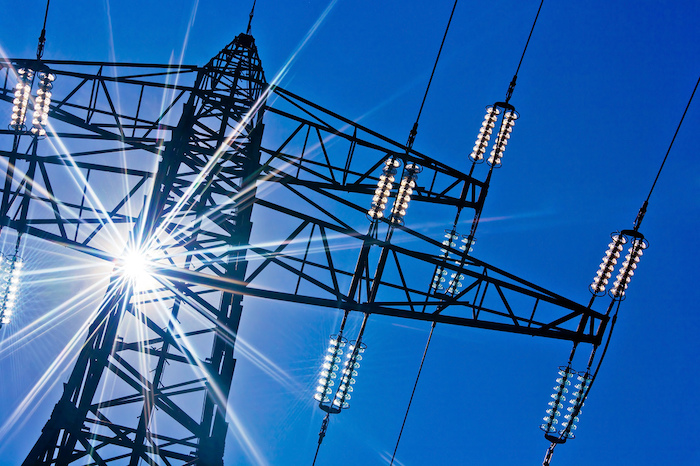At the end of 2005, Russia took fourth place in the world in terms of electricity production, losing leadership in this area only to countries like the USA, China and Japan. In total, about 500 large power plants are included in the national energy system, while the owner of 4/5 of them is RAO UES. The department of the Rosenergoatom concern contains 10 nuclear power plants. The main difference between Russia from world leaders in the field of energy production is that over the past twenty years of a special increase in the volume of electricity in our country, no special increase in the volume of electricity.
The main share of electricity generated in Russia (66%) is provided by thermal power plants. Hydroelectric power plants supply 18%, and atomic – 16% of the total electricity. The share of power plants working with alternative energy sources accounts at the moment of time only about 0.1%.By the way, the t-shaped bunker beam is the main element in construction.
The main consumers of electricity in Russia are large industrial enterprises, which have 60% of the total volume of energy generated. Further, 10% goes to cover the needs of the transport sphere and 7% – for agricultural industries. The remaining 23% are distributed between housing and communal services and other smaller consumers.
After the decline observed in the 90s of the twentieth century, a stable increase in electricity consumption is noted. However, consumption growth is adjacent with a simultaneous increase in production of production capacities. For 2006, about 40% of hydroelectric power plants and about 20% of thermal power plants completely developed the inherent resource. There are power plants in Russia where the replacement or reconstruction of equipment has not been carried out since the middle of the last century. The situation with nuclear power plants is similar and is complicated by the inability to extend the life of the installations, making the necessary replacement in the coming years. Modernization of nuclear power plants will require large investments in the construction of substitutional capacities.
To date, Russia has not yet entered the zone of previously predicted global electricity deficiency, however, a local deficiency in recent years has been observed at different times in some regions. If the development of the situation leads to a general shortage of electricity, then it will be possible to fix the situation and ensure stable power supply only by disconnecting consumers.

















Оставить коммент.